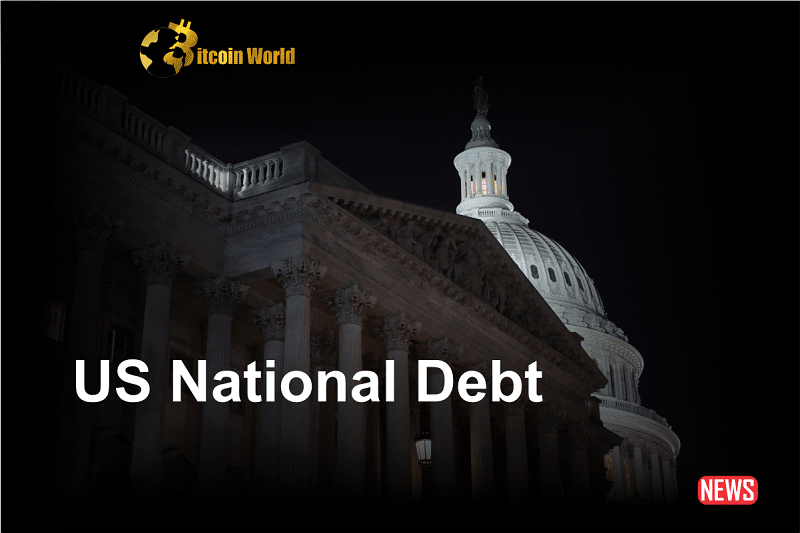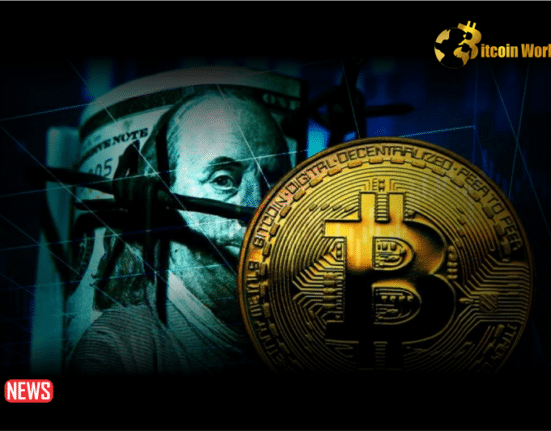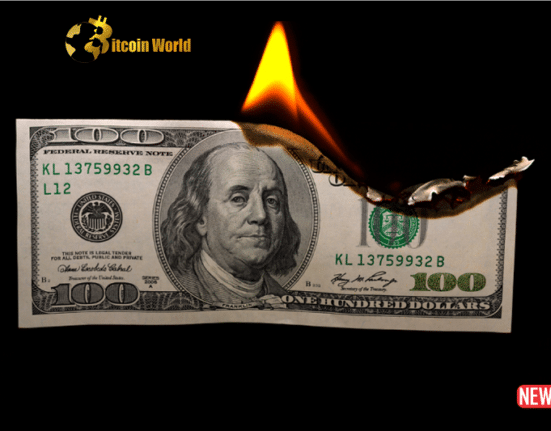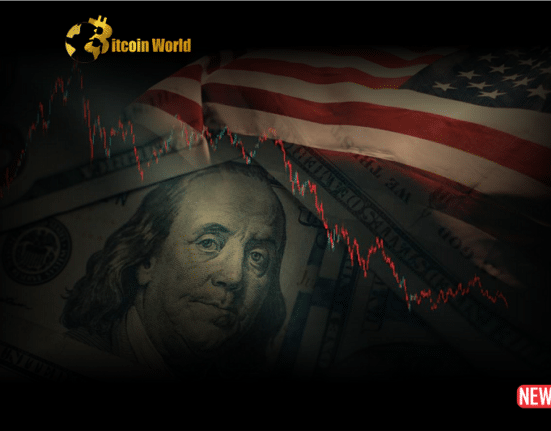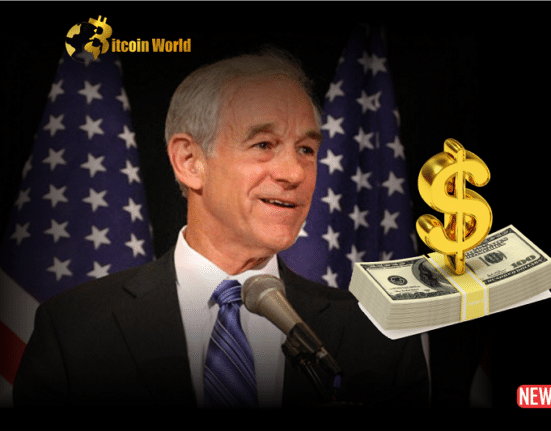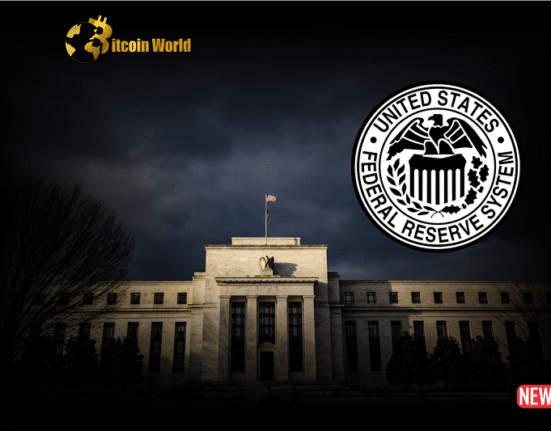America’s mounting debt problem shows no signs of abating, as surging interest rates heap additional pressure on the fragile economy. This predicament has propelled the national debt in the United States to unprecedented heights, crossing the ominous threshold of $33 trillion for the first time in history, according to The Kobeissi Letter’s report on September 19.
Maya MacGuineas, President of the Committee for a Responsible Federal Budget, expressed her concerns: “The United States has hit a new milestone that no one will be proud of: our gross national debt just surpassed $33 trillion.”
The gravity of the situation becomes more apparent when considering that the U.S. government has accumulated an astonishing $1 trillion in monthly debt since the onset of the debt ceiling “crisis.” In June, President Joe Biden signed a bill that effectively removed the government’s multi-trillion-dollar debt ceiling, providing room for even more debt accumulation. Moreover, the debt ceiling will be accounted for in January 2025.
Over the past five years, the United States has added a staggering $11.5 trillion to its debt load. Concurrently, the country is hurtling towards an annual interest expense of $1 trillion, a worrying development noted by The Kobeissi Letter, which raises the question, “How can this end well?”
At the current trajectory, the United States is poised to surpass $50 trillion in debt well before the decade’s end. The real-time US debt clock website currently tallies the debt figure at $33.04 trillion. To put this into perspective, the entire cryptocurrency market is valued at just $1.1 trillion, highlighting the magnitude of the debt crisis. By 2027, the debt counter predicts a staggering national debt figure of $45 trillion.
Moreover, according to the debt clock, the US federal debt-to-GDP ratio currently stands at 122.4%. Treasury Secretary Janet Yellen appears unfazed by these figures, emphasizing, “The statistic or metric that I look at most often to judge our fiscal course is net interest as a share of GDP.” This metric assesses the federal government’s net payments on its debt relative to the gross domestic product.
However, not everyone shares Yellen’s optimism. Mark Spitznagel, founder of the hedge fund Universa Investments, warned that the United States is currently ensnared in the “greatest credit bubble in human history.” He cautioned, “We’ve never seen this total debt and leverage level in the system. It’s an experiment. But we know that credit bubbles have to pop. We don’t know when, but we know they have to.”
Interest payments alone have witnessed an alarming surge, with government expenditures on interest reaching nearly $1 trillion at the end of Q2, as the St. Louis Fed reported. Over the past three years, government interest payments have nearly doubled.
As interest rates continue to rise, personal interest payments reached a record $506 billion in July, marking an astonishing 80% increase since 2021. The ominous question over the nation remains: How will America navigate this unprecedented debt crisis as economic challenges mount and interest payments skyrocket?

